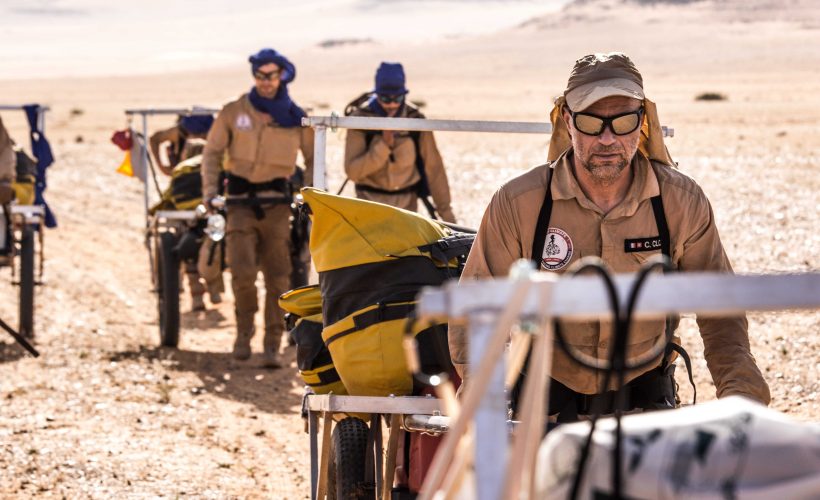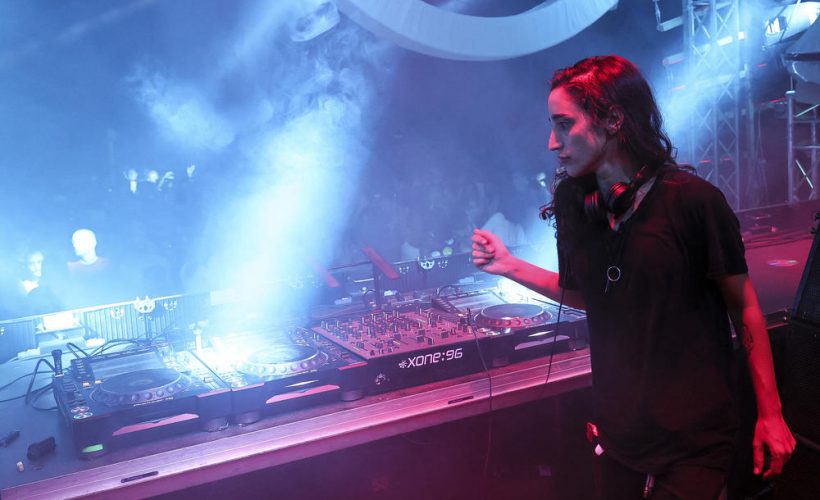Tech & Business
1.21.2022
Dubai recycles used oyster shells to replenish coral reefs

Dubai restaurants and schools rehabilitate oyster shells to save coral reefs. A recycling project that combines solidarity and prevention for sustainable development.
It is an innovative and ambitious project proposed by The Dubai Oyster Project: recycling used oyster shells into biological building blocks to create artificial reefs.
A 2017 study by a professor at New York University in Abu Dhabi found that 73 percent of all corals in the region were gone as a result of mass bleaching. Measuring the impact of human activity on the phenomenon of coral bleaching and the contamination of marine life in the reefs, it is the young generation of UAE that is today in charge of this project.
From oyster to compost
The used oyster shells are collected directly from the food waste of partner restaurants and hotels before being transported to the pupils of the Arbor School. The children then take care of the rest of the long restoration process.
After a “maturation time” of three to six months, the schoolchildren themselves put the shells back into the sea, in the areas most likely to produce oyster larvae that are defined by the Emirates Marine Environmental Group.
Oyster shells work as a sustainable compost, as the shells do not decompose. Moreover, they are the habitat of many small living organisms.

The children put the oyster shells back in the water.
Tackle food waste in Dubai: the main objective
The UAE’s Ministry of Climate Change and Environment has made a point of supporting anti-waste food, which would cost more than $3.5 billion a year.
Thus, this project, commended by the UAE government, sees itself as just the beginning of a more global commitment by communities to the environment and holds great hope for improving water quality and revitalizing marine life. There are already 250,000 empty shells returned to the sea, rather than to the landfill.
”It’s important to be able to say in the future that we helped clean up the world.”
popular

